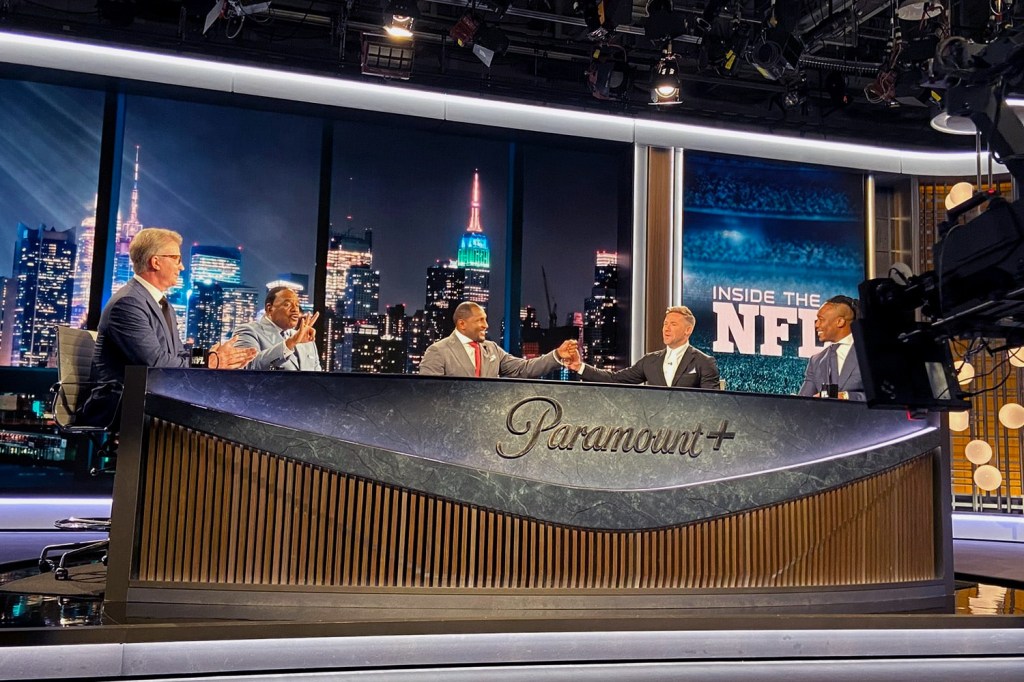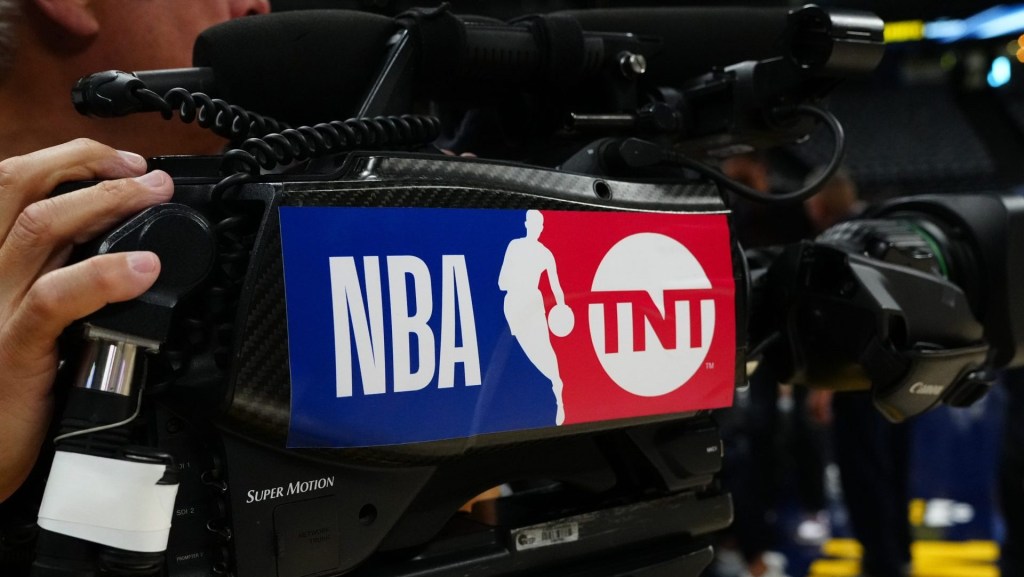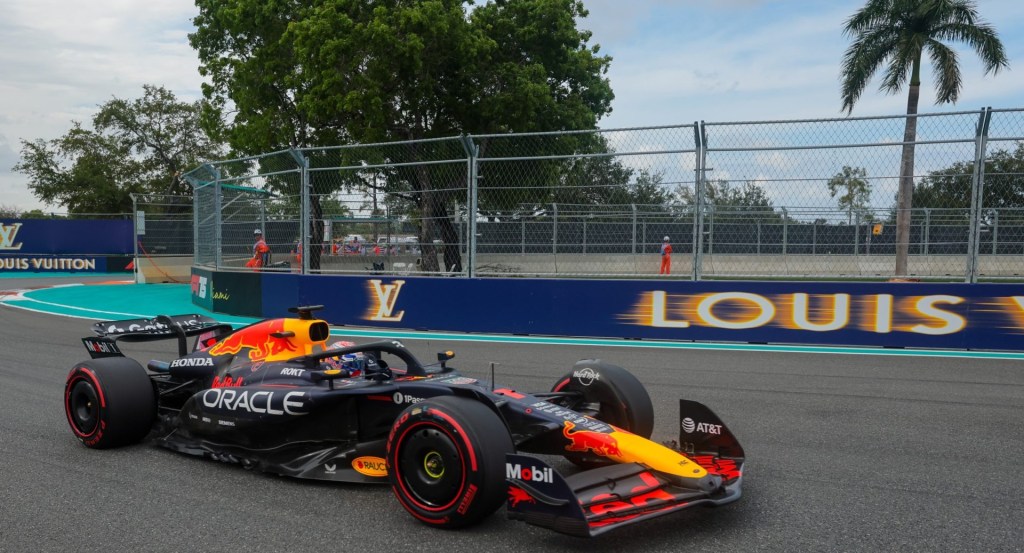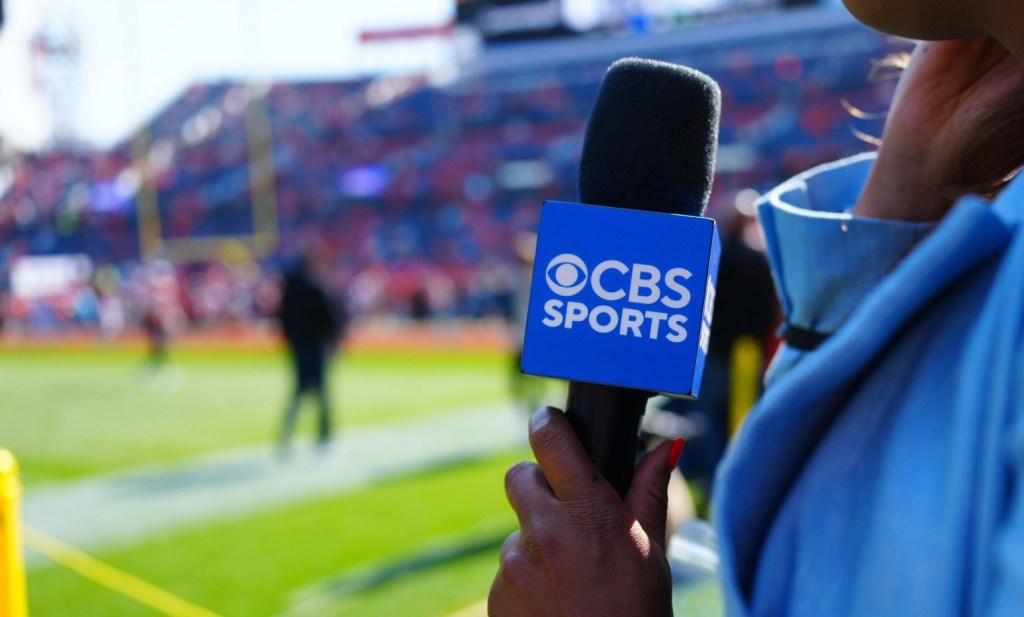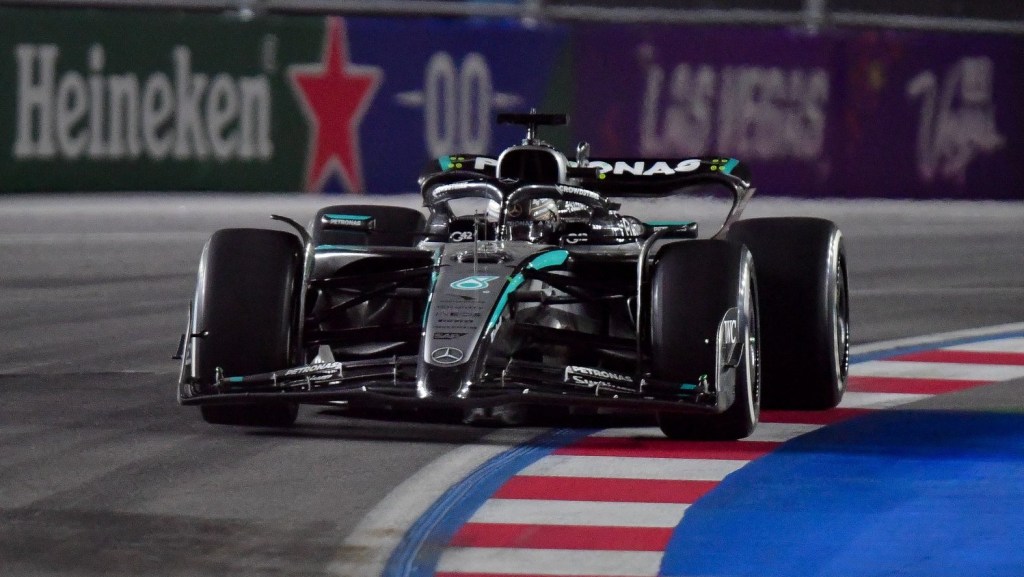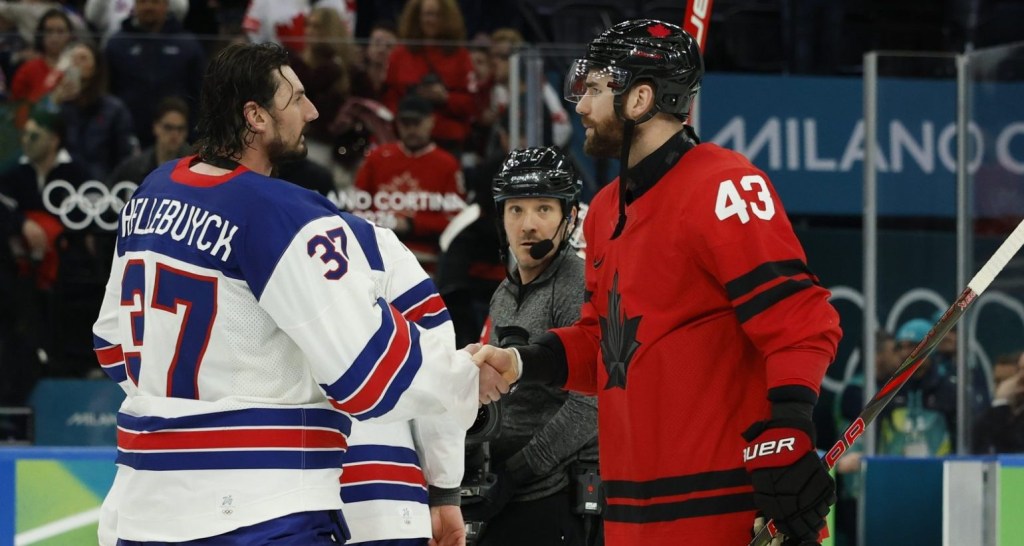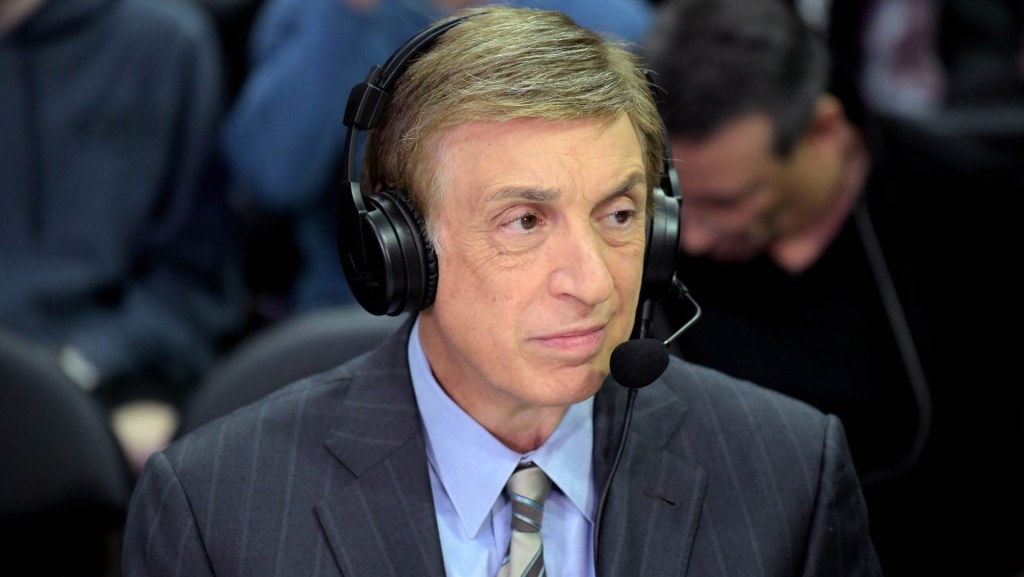
Photo credit: Donald Tong from Pexels
The future of sports broadcast rights is about to change.
At least that’s the opinion of the panelists at South By Southwest’s “The Evolution of Rights Holders and Future of Sports” panel, a group which included Hillary Mandel, senior vice president for IMG Media; Seth Bacon, senior vice president of media at Major League Soccer; and moderator Mark Floreani, the COO and co-founder of FloSports.
The reason why? Mandel points to the expiration of as many as nine major-sport broadcast rights deals in the next 36 months. In years past, that might only have amounted to a renewal or minor reshuffling of television broadcasts among the same group of networks. But new, nontraditional players have gotten into the game, which could lead to a serious reshuffling in the marketplace.
“The opportunity came because linear broadcasters didn’t see it coming, stood there and we had contentious arguments about exclusivity and where’s the line of digital,” Mandel said. “We were starving fans. The world shifted; viewing shifted. The world lives in consumption buckets, had they recognized that 10 years ago, it would have been a different place and tougher barrier to entry, but the door is wide open.”
Bacon agreed.
“To have more options is only beneficial to anyone and everyone in the end,” Bacon said. “Fans get more choice, better awareness for sponsors. It’s not a binary conversation anymore where people put their rights.”
READ MORE: DC United’s Broadcast Deal Could Further Demonstrate Digital Media Potential
Leagues have taken notice, too. MLS executives informed its clubs this month not to have their rights extend beyond 2022 with local partners, so to remain flexible and have all options available as the landscape can change a lot in the next three years.
But a new paradigm comes with new challenges, too. Mandel tackled one of the primary ones near the end of the session when she was asked about the long-term viability of the current subscription-based service model.
“This notion of having a consumer add up in the grocery store this number of services,” she said. “When will all those points converge if the rest of the world still lives with investments in the linear world. Where’s the tipping point?”
One solution could be over-the-top networks like ESPN+ or FloSports and its verticals. They could eventually help solve and provide the outlet all the other individual outlets provide beyond the linear broadcasts. One MLS team, D.C. United already has partnered with FloSports for soccer coverage to create FloFC.com, and Bacon teased a second was on the verge of a similar announcement.
Outside of event broadcasts, the panel discussed the importance of shoulder content on non-linear channels to fill the void. In 2019, a solid content portfolio that supports the channel’s core demographics also helps support the idea the channel is worth having.
“It’s about time, currency of time,” Bacon said. “There’s so much challenge to compete for people’s eyeballs and that’s what people need to address. You need to have a direct connection that people’s time investment is being respected.”
The round-the-clock coverage can also be an amalgam of similar sports. Mandel pointed to IMG Media’s parent company Endeavor’s Strive Channel in Scandinavia. The channel was created to circumvent the European region’s dominant sports channel for their Serie A broadcast partnership.
“The barrier of entry to market is greatly reduced,” Mandel said. “If you compare what it’s like to launch a cable network 20 years ago to an OTT, we took [Serie A and La Liga] and effectively in a six-week period launched a new service.
“Competition is a key driver for value. We assessed what was available and recognized we had the technology and enabled us to launch an OTT.”
[mc4wp_form id=”8260″]
The network has since added MLS to the mix, which Bacon lauded for the solution to sports’ so-called “leaky bucket” issue.
“How do you protect the live game?” Bacon asked. “Rather than hug tightly, they’re going to the biggest newspapers and digital platforms and partnering. The amount of coverage in Scandinavia is 100 times more than it would have been organically.
Both Bacon and Mandel believe that more nuanced changes will accompany the impending shift in who buys which rights. Bacon predicted global rights will become a focal point in future broadcast deals. Meanwhile, Mandel said she foresees the creation of more media entities like Endeavor, which provides multi-vertical cross-over interaction to streamline projects. Endeavor has made 32 acquisitions in the past few years stretched across various industries. Among those were two sports entities, Professional Bull Riders and UFC. The company also has content partnerships with companies entities like Euro League, European Tour and MLS.
“It’s not just an advertising agency, talent agency, sports marketing agency,” she said. “It’s a media company with a number of verticals and expertise. With businesses swimming in and out of the different verticals.”
READ MORE: Turner President Addresses the Future of TV and the ‘Three A’s’ Concept
Some of these changes may not be on the horizon had major operators not remained stagnant for several years. The future, however, is going to look very different now that they have.
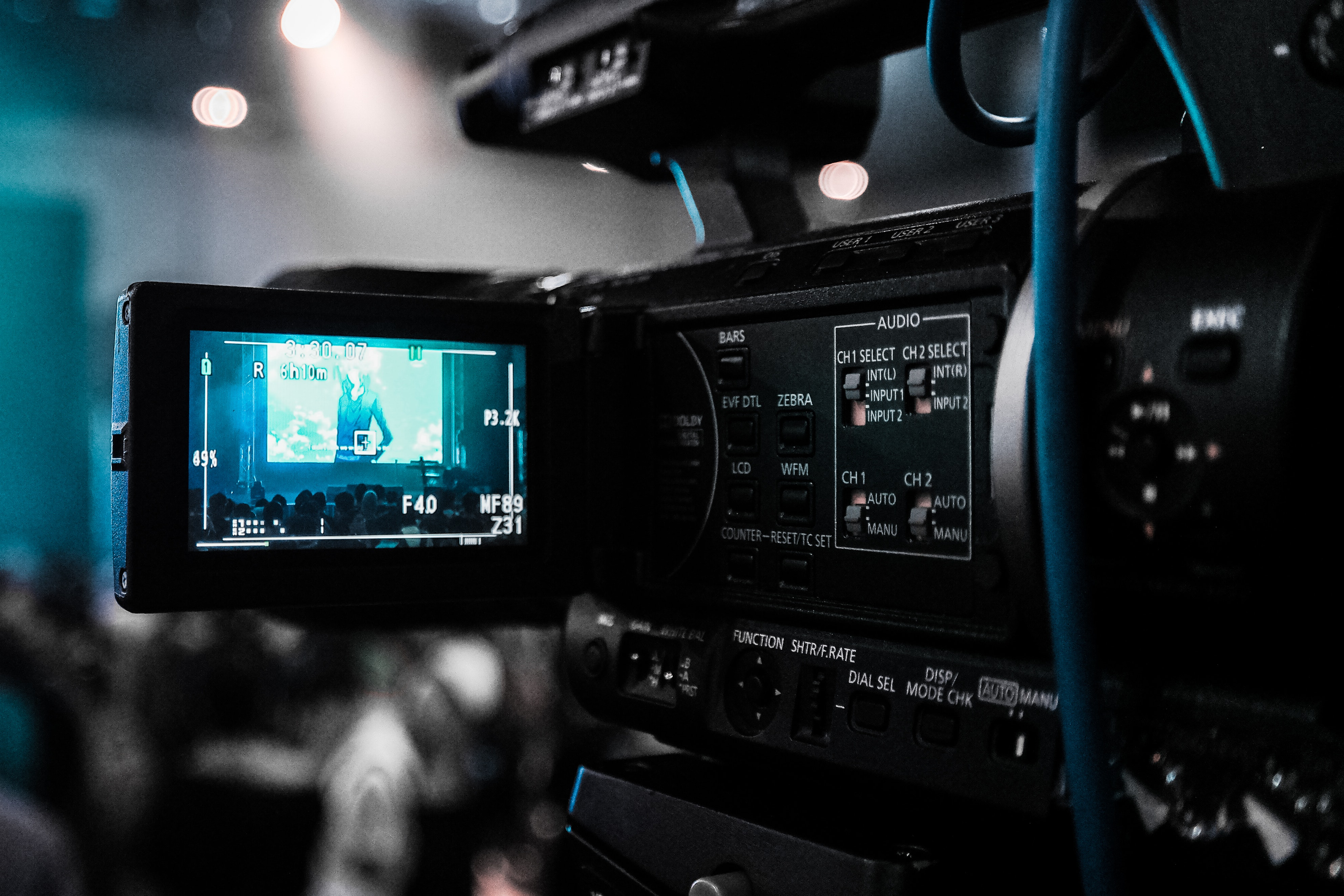
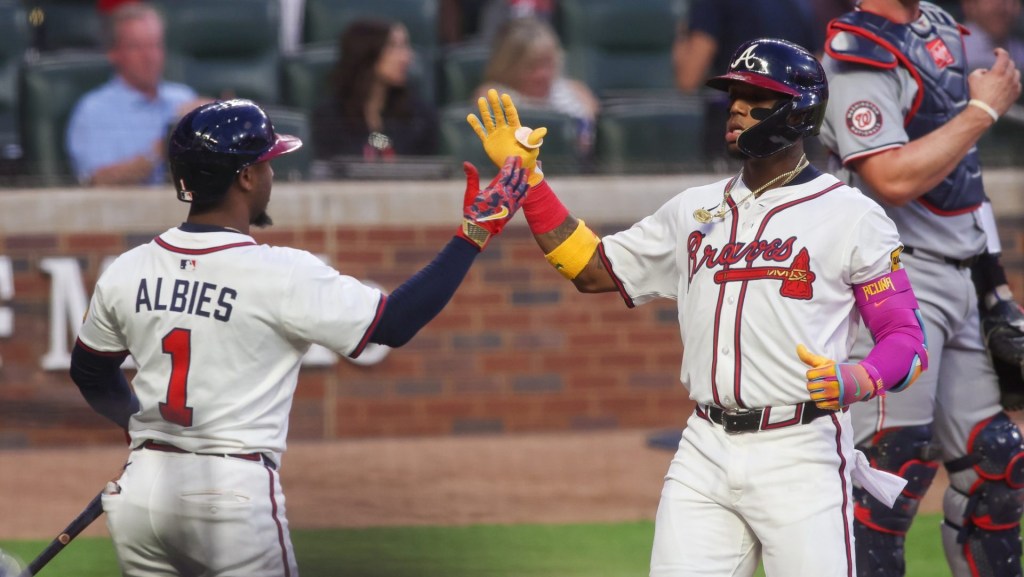
![[Subscription Customers Only] Jul 13, 2025; East Rutherford, New Jersey, USA; Chelsea FC midfielder Cole Palmer (10) celebrates winning the final of the 2025 FIFA Club World Cup at MetLife Stadium](https://frontofficesports.com/wp-content/uploads/2026/02/USATSI_26636703-scaled-e1770932227605.jpg?quality=100&w=1024)






